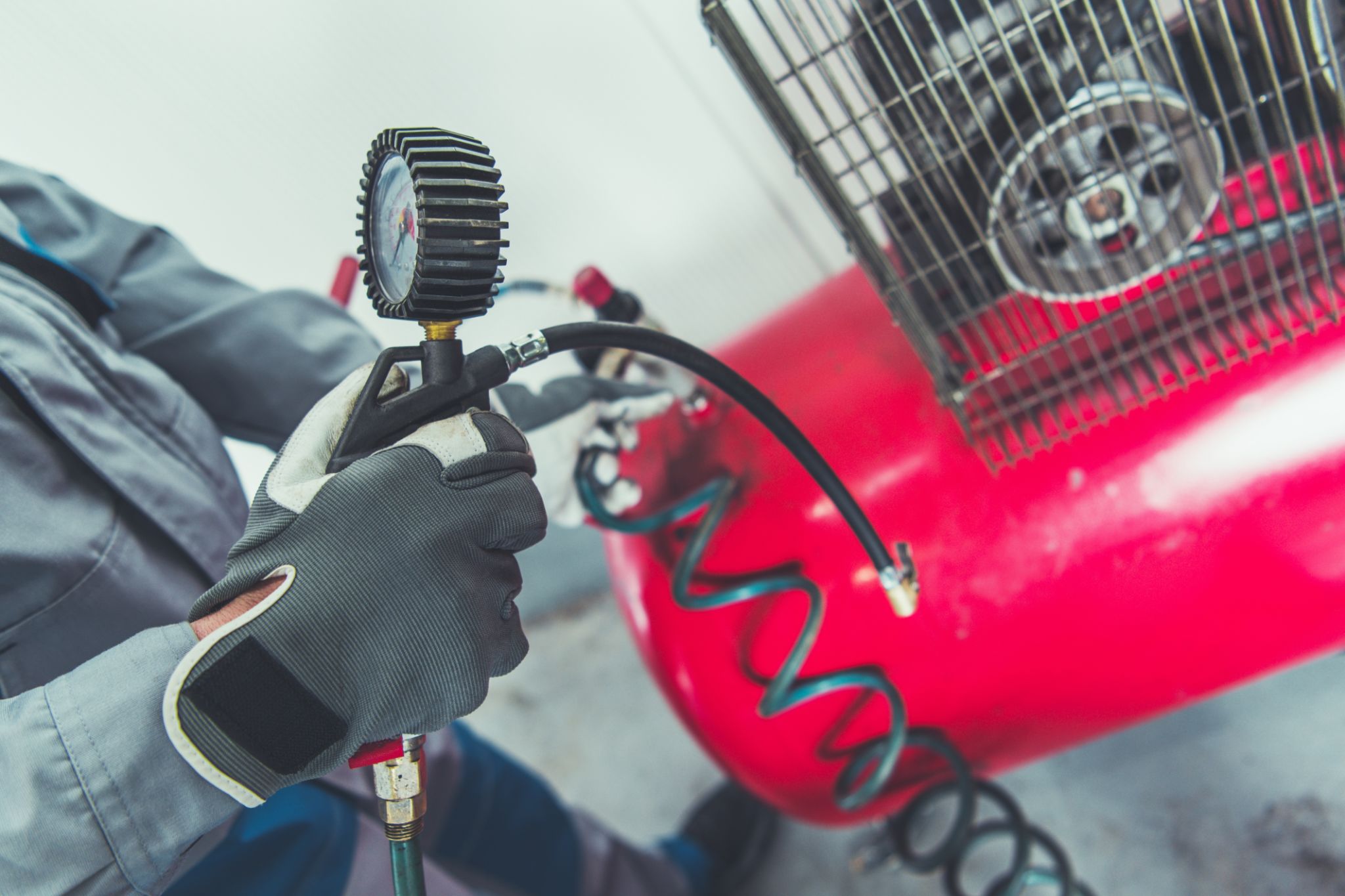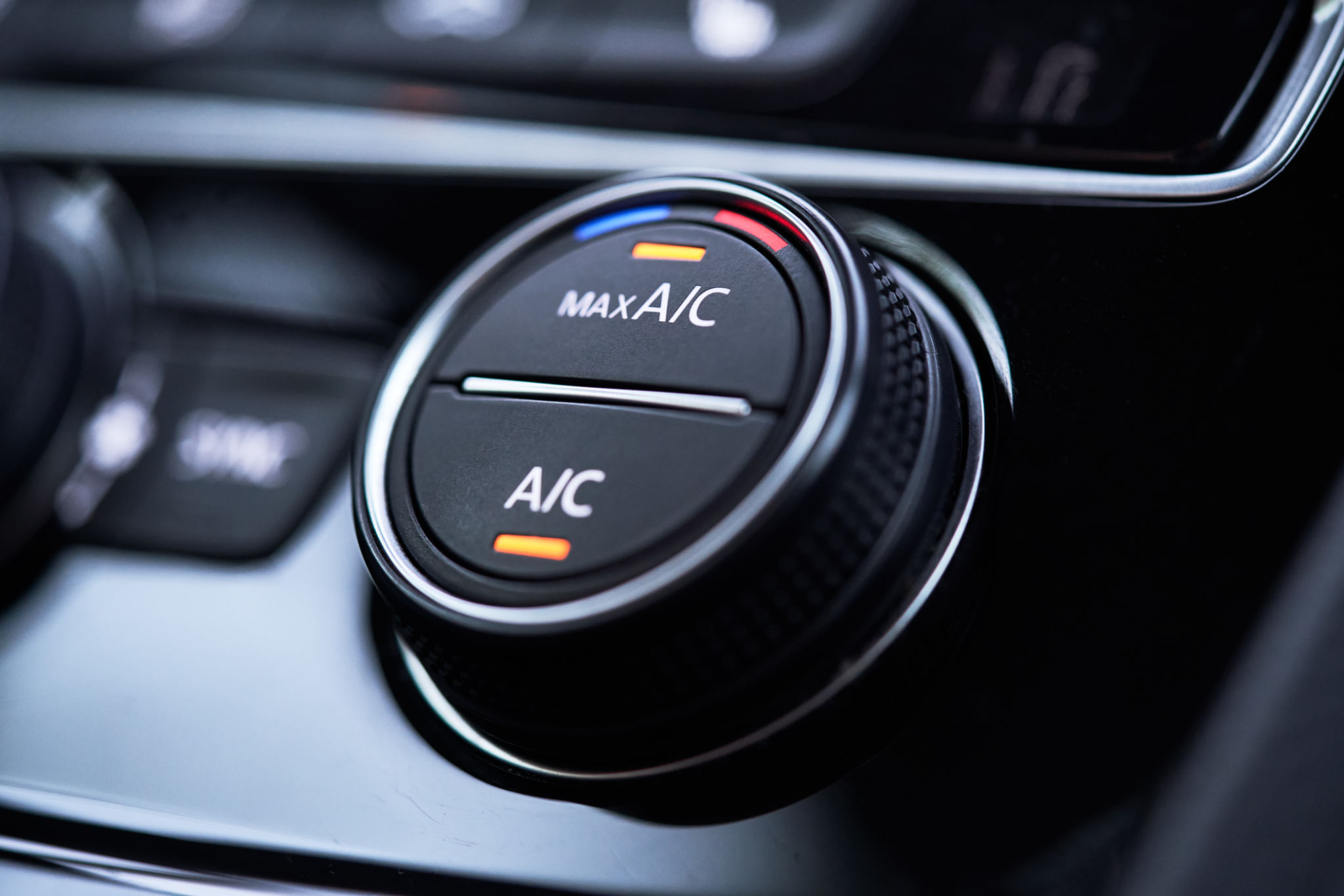Seasonal Tips for Optimizing Your Compressor Systems in Romania
Understanding Seasonal Changes
In Romania, the climate varies significantly throughout the year, presenting unique challenges for compressor systems. Understanding these seasonal changes is crucial for optimizing performance and maintaining efficiency. As temperatures drop in winter and rise in summer, different strategies are required to ensure your compressor systems operate smoothly.
During colder months, compressors tend to experience increased condensation, which can lead to moisture-related issues. Conversely, the hot summer months may cause overheating and reduced efficiency. Adapting maintenance schedules and operational strategies to these seasonal shifts can help mitigate potential problems.

Winter Optimization Tips
Preventing Condensation
One of the major winter challenges for compressor systems is preventing excessive condensation. It’s essential to ensure that your system’s dryers and drains are functioning correctly. Regularly check and replace filters to prevent moisture buildup, which could lead to corrosion and damage.
Maintaining Optimal Temperatures
Colder temperatures can affect the viscosity of lubricants, leading to increased wear and tear. It's advisable to use lubricants designed for lower temperatures to maintain optimal performance. Additionally, consider installing insulation around piping and other vulnerable components to maintain a stable temperature within the system.

Summer Optimization Tips
Managing Overheating
In the heat of summer, compressors can be prone to overheating. Ensure that the ventilation system is unobstructed and functioning efficiently. Regularly clean air filters and vents to allow for proper airflow. Implementing a routine check of cooling systems will help prevent unexpected breakdowns.
Monitoring Humidity Levels
Increased humidity during the summer months can introduce excess moisture into your compressor system. Utilize high-efficiency dryers and moisture separators to keep humidity levels in check. Regular monitoring will allow for timely adjustments as needed.

Year-Round Maintenance Practices
Regardless of the season, consistent maintenance practices are key to ensuring the longevity and efficiency of your compressor systems. Implementing a year-round maintenance schedule can help address both seasonal and non-seasonal issues effectively.
Regular Inspections
Conduct regular inspections of all components, including hoses, belts, and seals. Look for signs of wear, leaks, or damage that may require immediate attention. Keeping detailed records of these inspections can help in tracking performance trends over time.
Staff Training
Ensure that all personnel operating the compressor systems are adequately trained in both routine maintenance and emergency procedures. Well-informed staff can quickly identify potential issues before they escalate into major problems.

